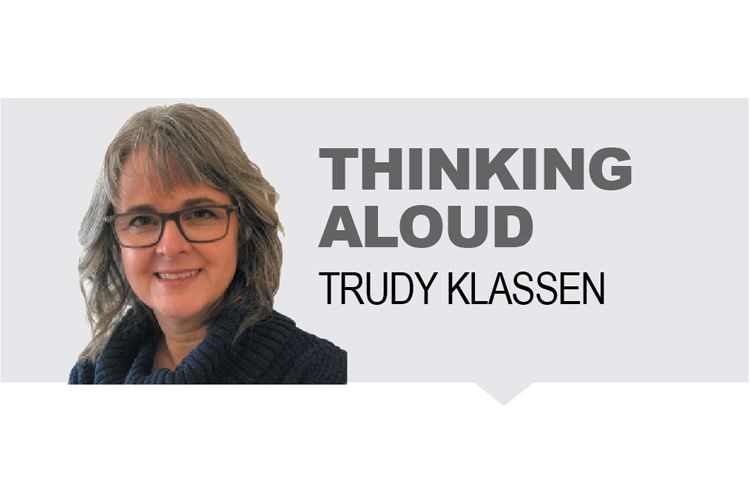It is just part of the human condition that I will occasionally be infuriated when I see the types of books on display at a library or in bookstores. Book covers with angelic, beautiful, young girls wearing a head-covering, reflecting the utopian stories inside, especially bother me.
The reason this bothers me is that I grew up in a similar community and I know that the innocence portrayed on the cover and in the pages of the book hide the complexity and difficulty of living in a community like that. Trapped inside a world from long ago, most people stay, not because they believe it is the best way to live, but because if they leave, they lose their standing in the community and risk their entire family and friend support network. A few do leave, but the trauma of leaving everything they know, (in exchange for their ability to work and think as they feel called, having no place that is truly theirs, never really belonging in a world so completely “other,”) takes years and hard work to overcome.
Yet the outside world glorifies this way of life. Interested people hire tour guides and tourists clutter up the roadways in Lancaster County and other Mennonite or Amish communities, hoping to get a glimpse of these “interesting” people. And buy books. The “Amish romance” or “bonnet ripper” book industry has sold over 30 million copies. (Someone is making a lot of money off these books, but I can tell you, it is not the Mennonite or Amish people.)
This brings me to the non-Indigenous protesters across Canada. (Bear with me as we follow the squirrel.)
A Twitter conversation of an Indigenous friend had this comment on it: “the protesters want my people to be “monkeys in a zoo.” I was disturbed. What made him say that? My squirrel ran over to my own story, and as the human story usually repeats itself in slightly different forms, I began to see signs of similarity.
Thomas King, in his book The Inconvenient Indian, makes the case that non-Indigenous people have difficulty dealing with the modern Indian, that we prefer the “Indian” who dresses up in ceremonial clothing, dances his traditional dances and lives in his teepee or igloo. All we “civilized ones” need to do to preserve the “Hollywood Indian” is to keep the “savage” in his place and he will remain noble, beautiful and perfect.
The idea of “The Noble Savage” is an old one. Largely credited to French Philosopher Jean-Jacques Rousseau, it means, according to Encyclopedia Brittanica: “an idealized concept of uncivilized man, who symbolizes the innate goodness of one not exposed to the corrupting influences of civilization.”
So, I hurt for the Indigenous person who feels he is being told that the best thing for him is to go sit in a cage for other’s viewing pleasure. Telling the Indigenous people that they must fit into someone’s romantic idea of what it means to be Indigenous is simply a new form of colonialism and surely we don’t want to start that again.
To bring my squirrel back, the community I was raised in actually had a form of the idea of “the Noble Savage” as their unstated goal - the less education, the less contact with outsiders, the less influenced they would be by evil civilization. Inadvertently, because it was hard to leave and redefine oneself, most became monkeys in a zoo, in cages of their own making.
Think of that the next time you see one of those idealistic books on a shelf and keep walking.



